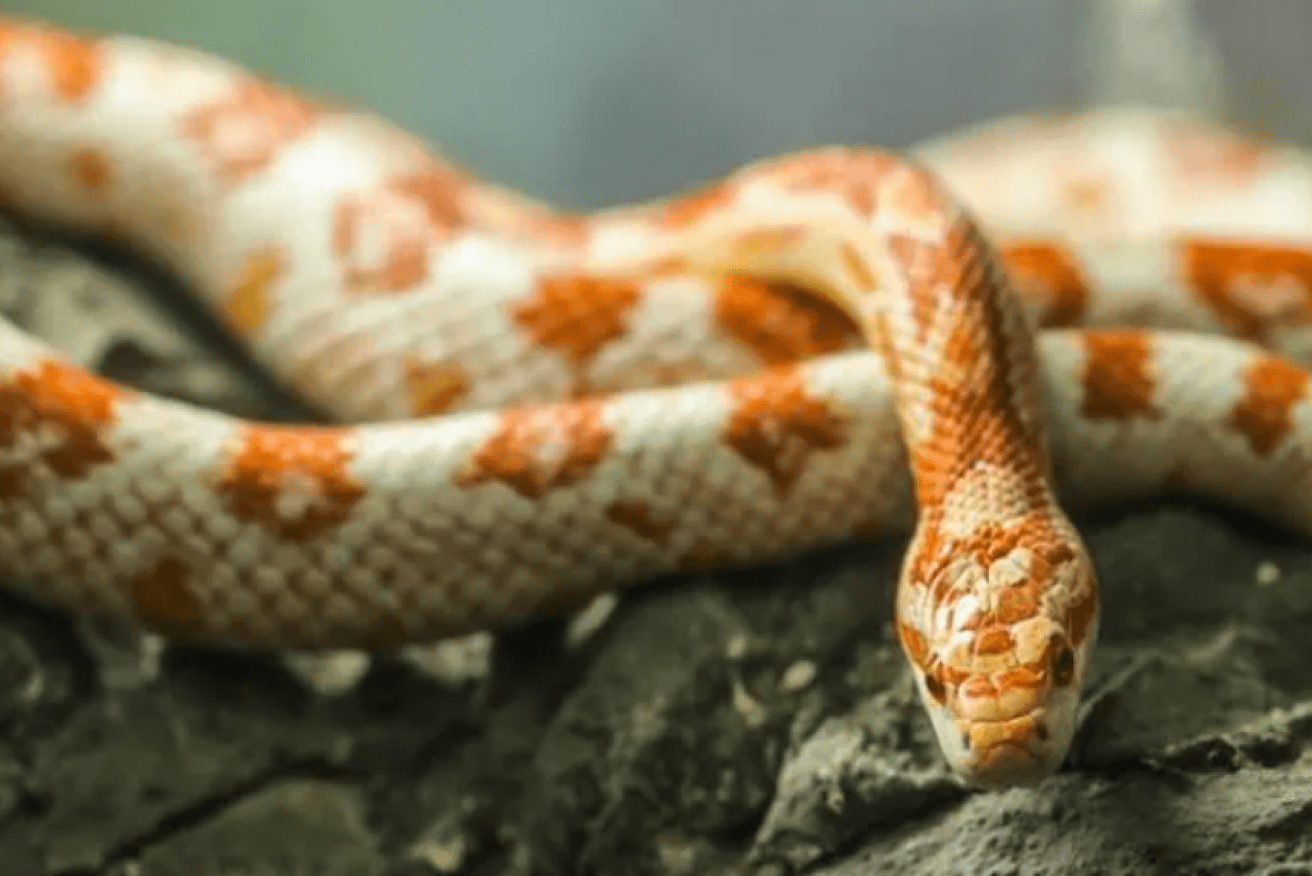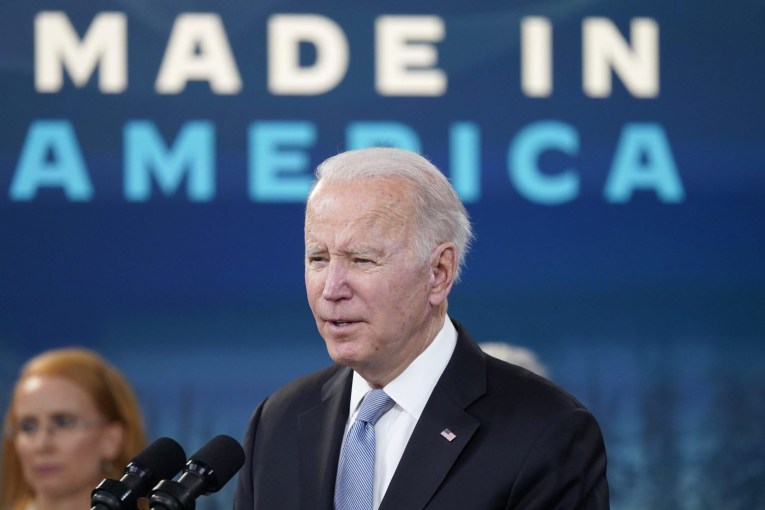How did Queenslanders develop such an appetite for corn snakes?
For a country that has no shortage of snakes, it’s baffling why people in Queensland are illegally importing exotic species from overseas.


More than 30 American corn snakes have been found illegally smuggled into Australia. (Photo: PetMD).
The latest prohibited specimen, belonging to the American corn snake variety, was seized in an Ipswich home late last year.
Authorities captured seven American corn snakes in Queensland last year, bringing the total captured since 2014 to 31.
Bearing distinctive, colourful markings, the corn snake apparently makes for attractive viewing when housed in a glass enclosure, making it highly prized among those who enjoy keeping reptiles as pets or features within their homes.
But obtaining an American corn snake or any other non-native reptile comes at a price – penalties of up to $137, 850 for anyone caught with one and potentially massive costs to the environment should one escape captivity.
Those dealing in their trade are also actively rewarding and participating in the illegal smuggling of wildlife, where animals suffer from cruelty and many die before they reach their destination.
The American corn snake found at Ipswich was euthanised soon after capture.
Some illegally trafficked wildlife get lucky, such as the crocodile that ended up in a Chermside park last year and has since been rehabilitated on the Gold Coast.
Biosecurity officers still believe the young crocodile had made the journey south from its natural environment in tropical northern Australia via wildlife smugglers.
While Queensland is considered a primary gateway for exotic pest and disease incursions, there is still no guarantee the state will be home to a new Commonwealth funded Biosecurity Training Centre currently under consideration.
The facility will deliver specialised training programs for biosecurity staff from a central hub and nationally networked facilities around the country, according to Agriculture Minister David Littleproud.
“It will establish the expertise required to identify training needs and design contemporary training programs tailored to address biosecurity challenges we face as a nation,” he said.
“And it will incorporate a dedicated research capability to ensure our world-class biosecurity system constantly evolves to meet new and emerging threats.”
Littleproud said the centre was a great opportunity for regional Australia to contribute to the national biosecurity agenda.
Tenders for the project close on February 14 with the successful bid to determine the centre’s location.









